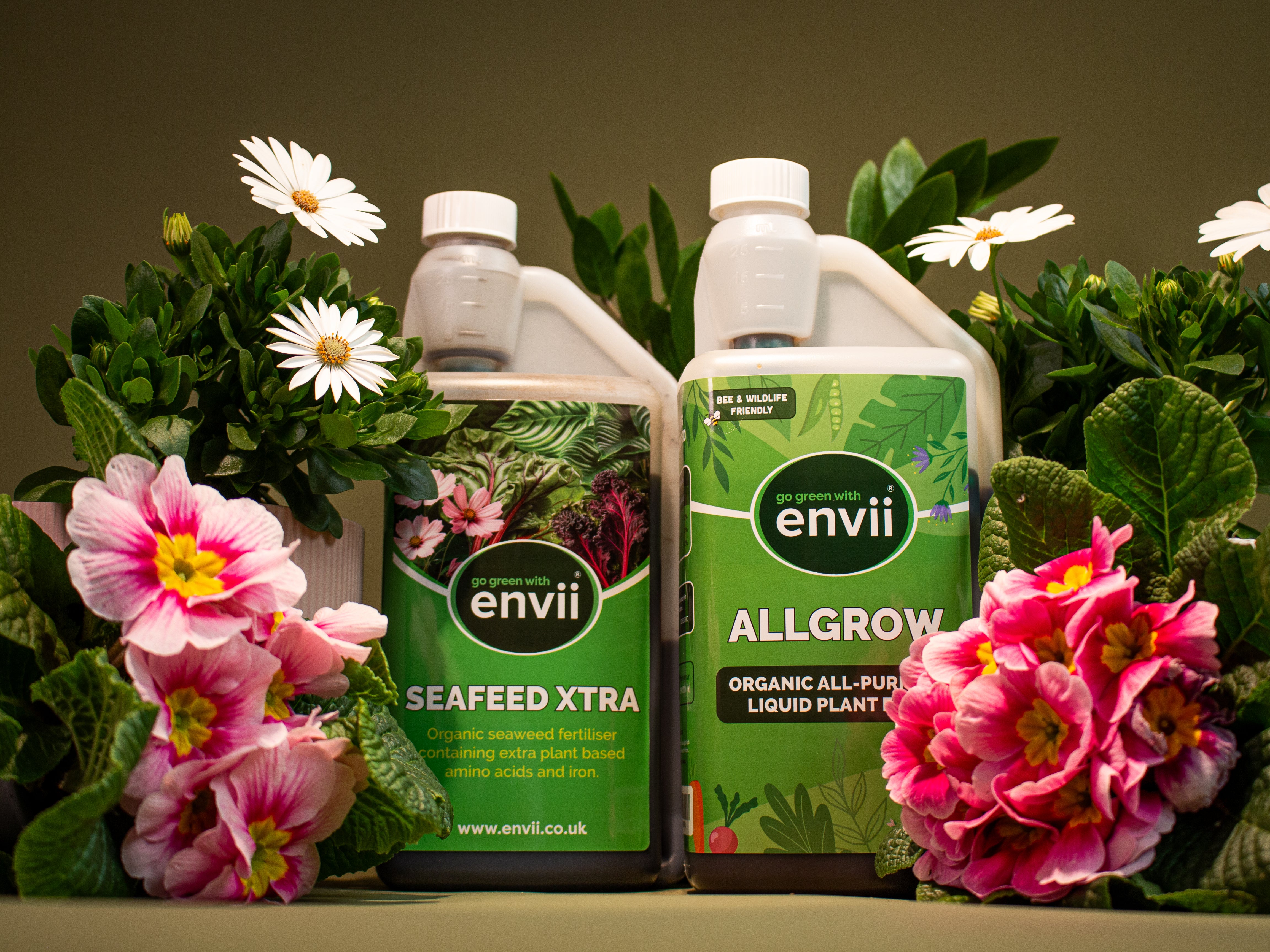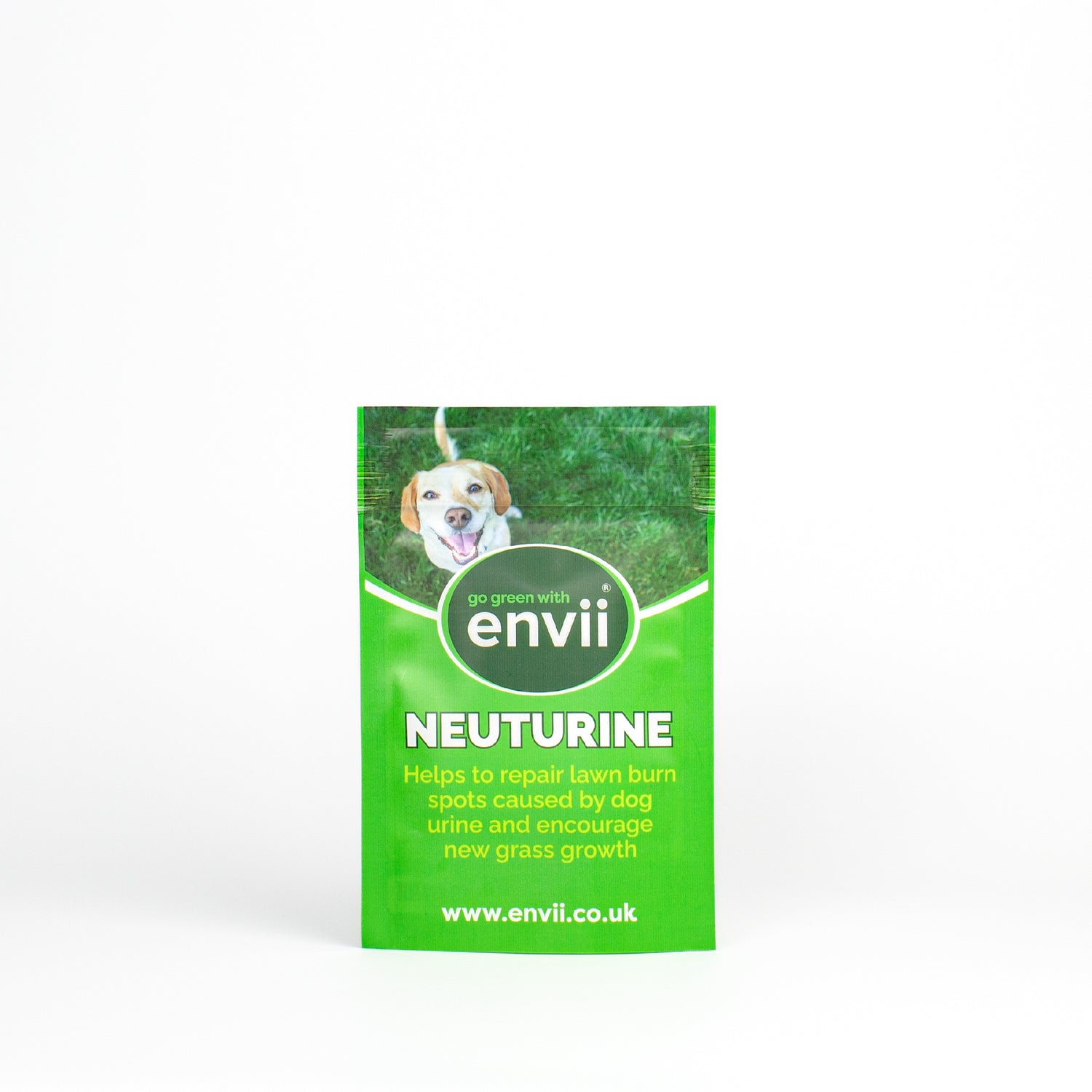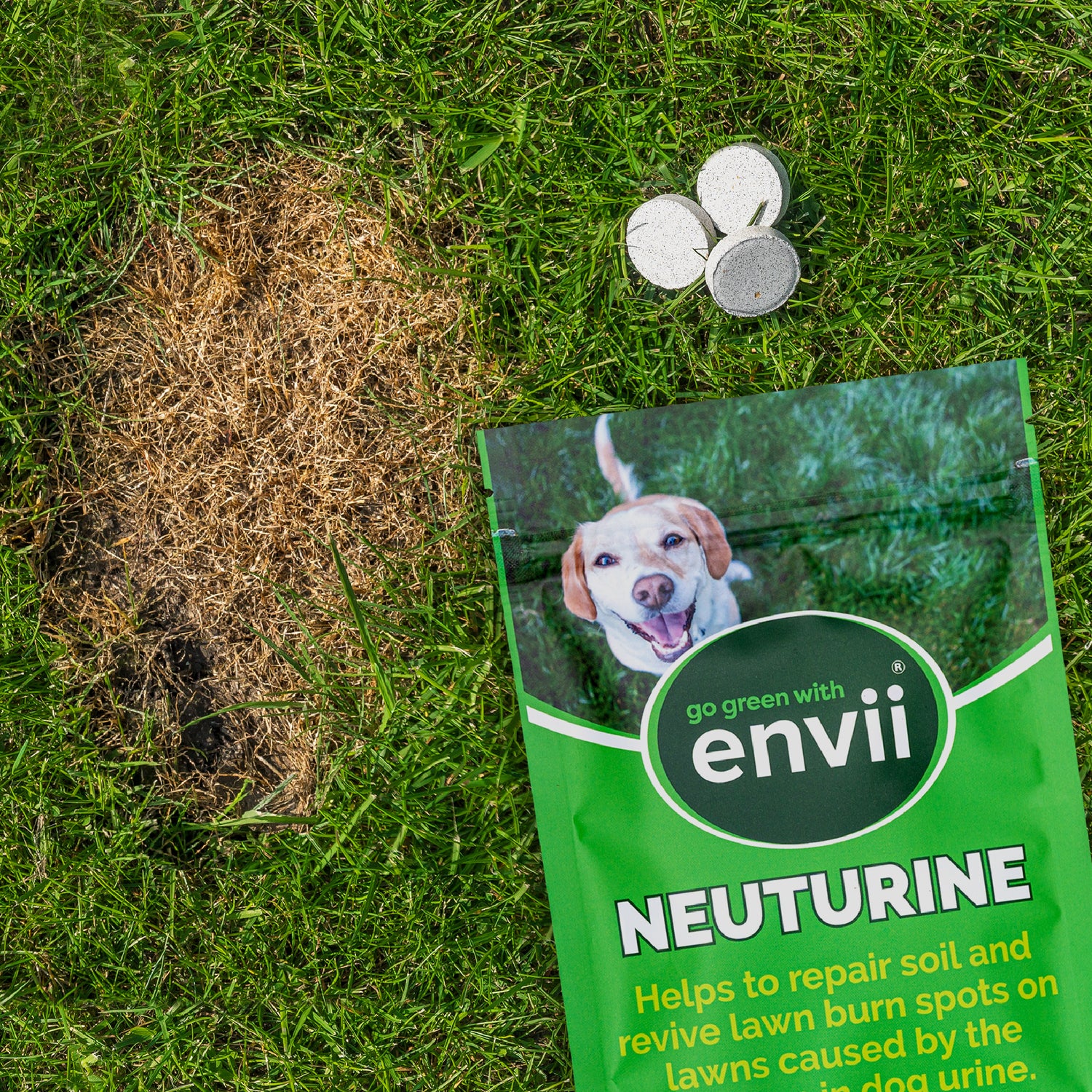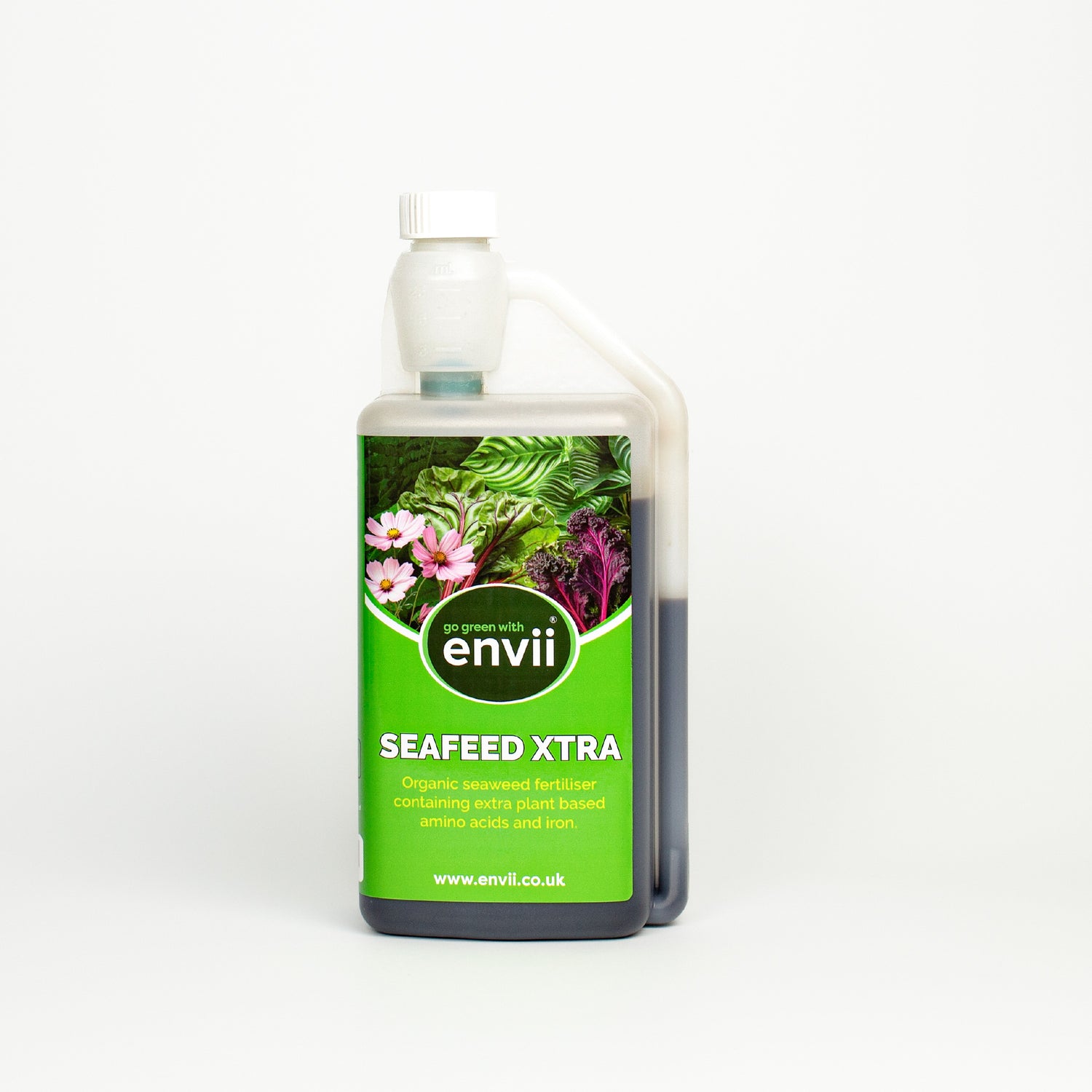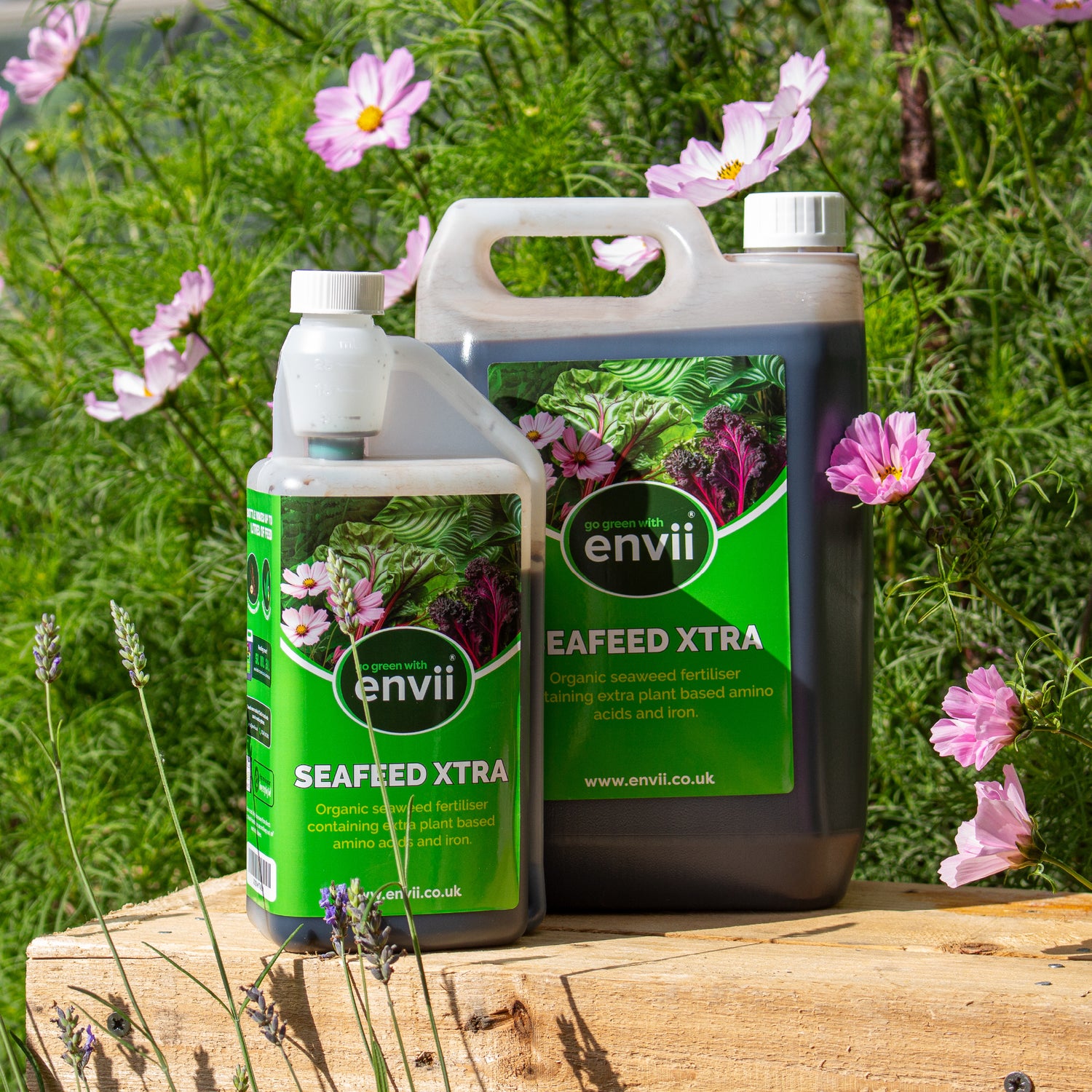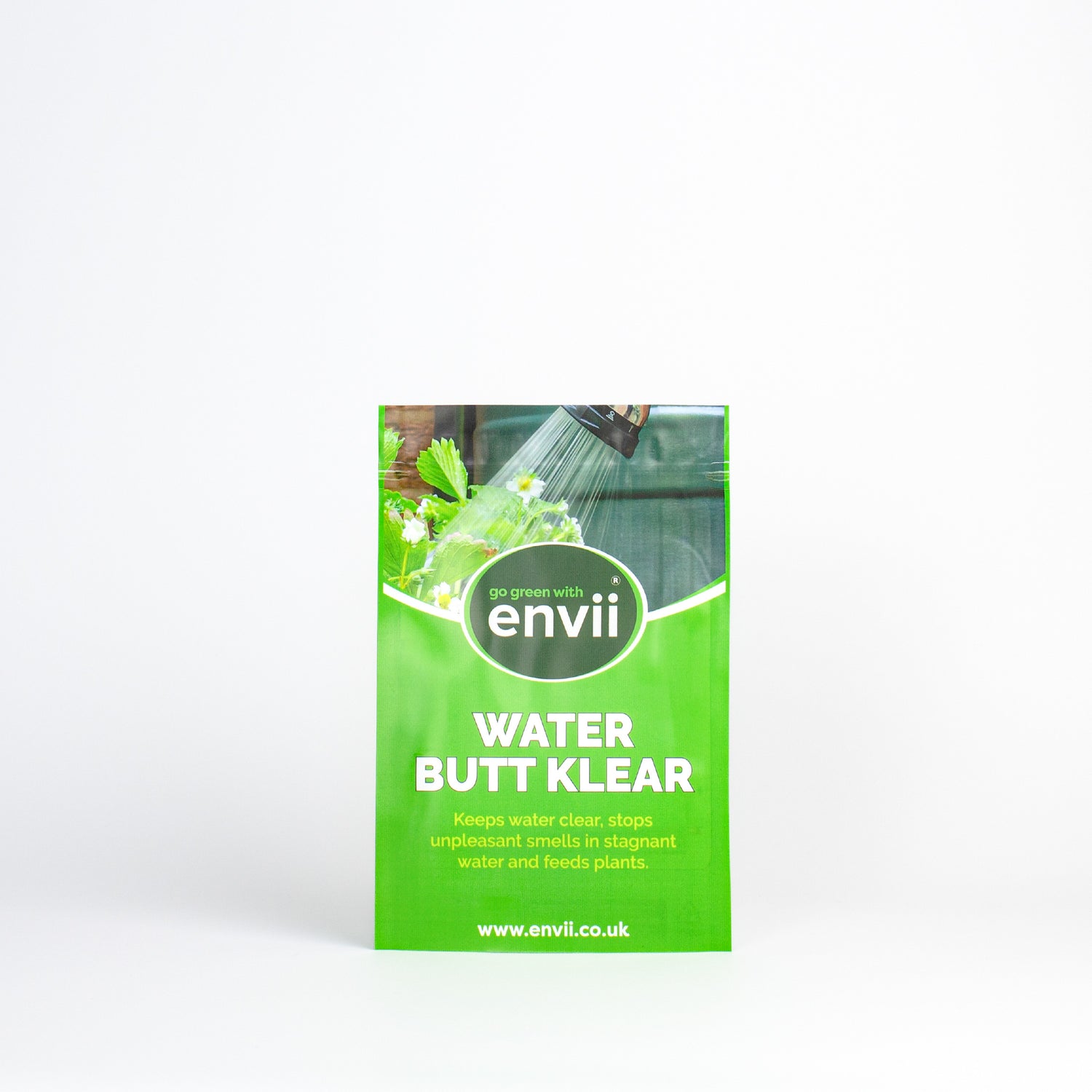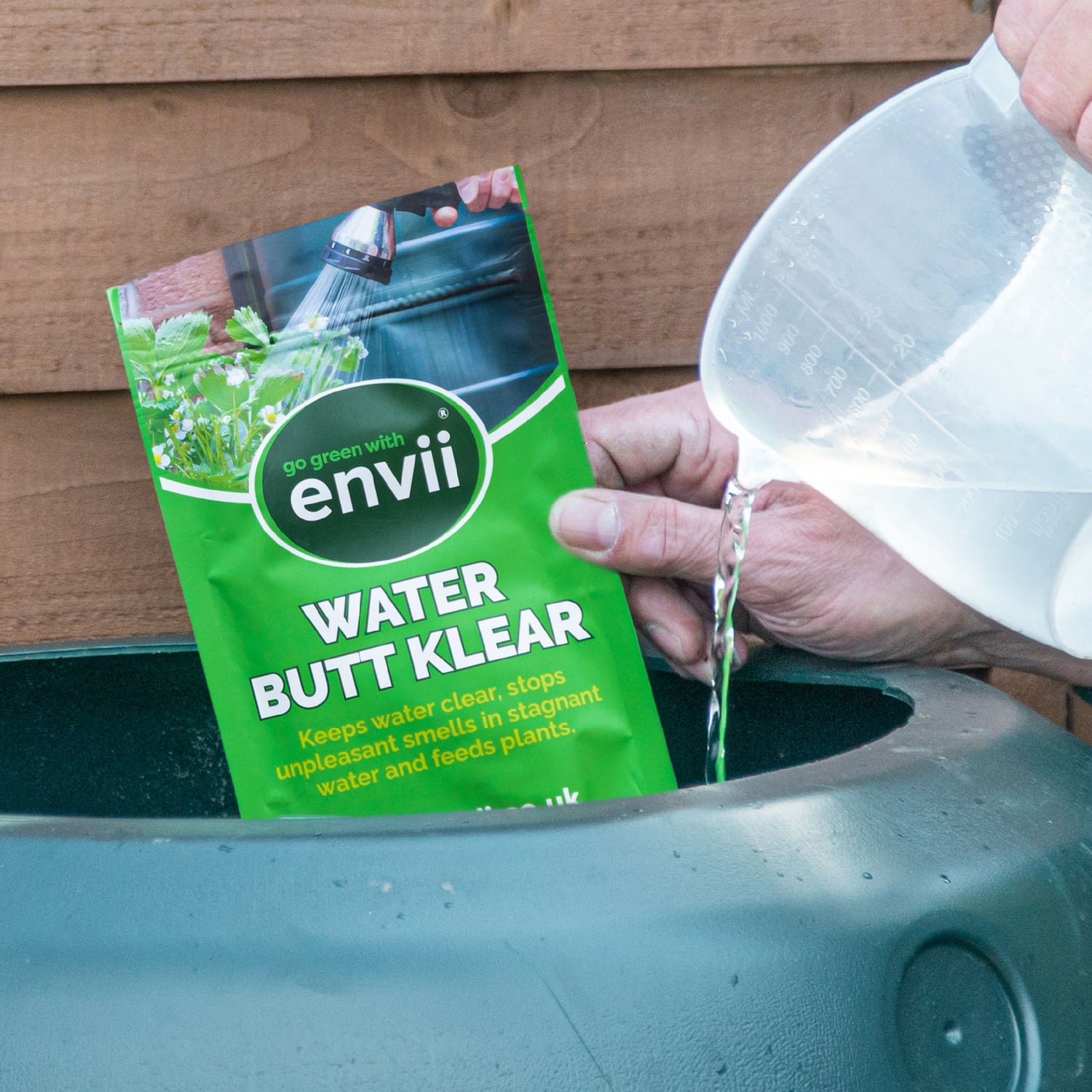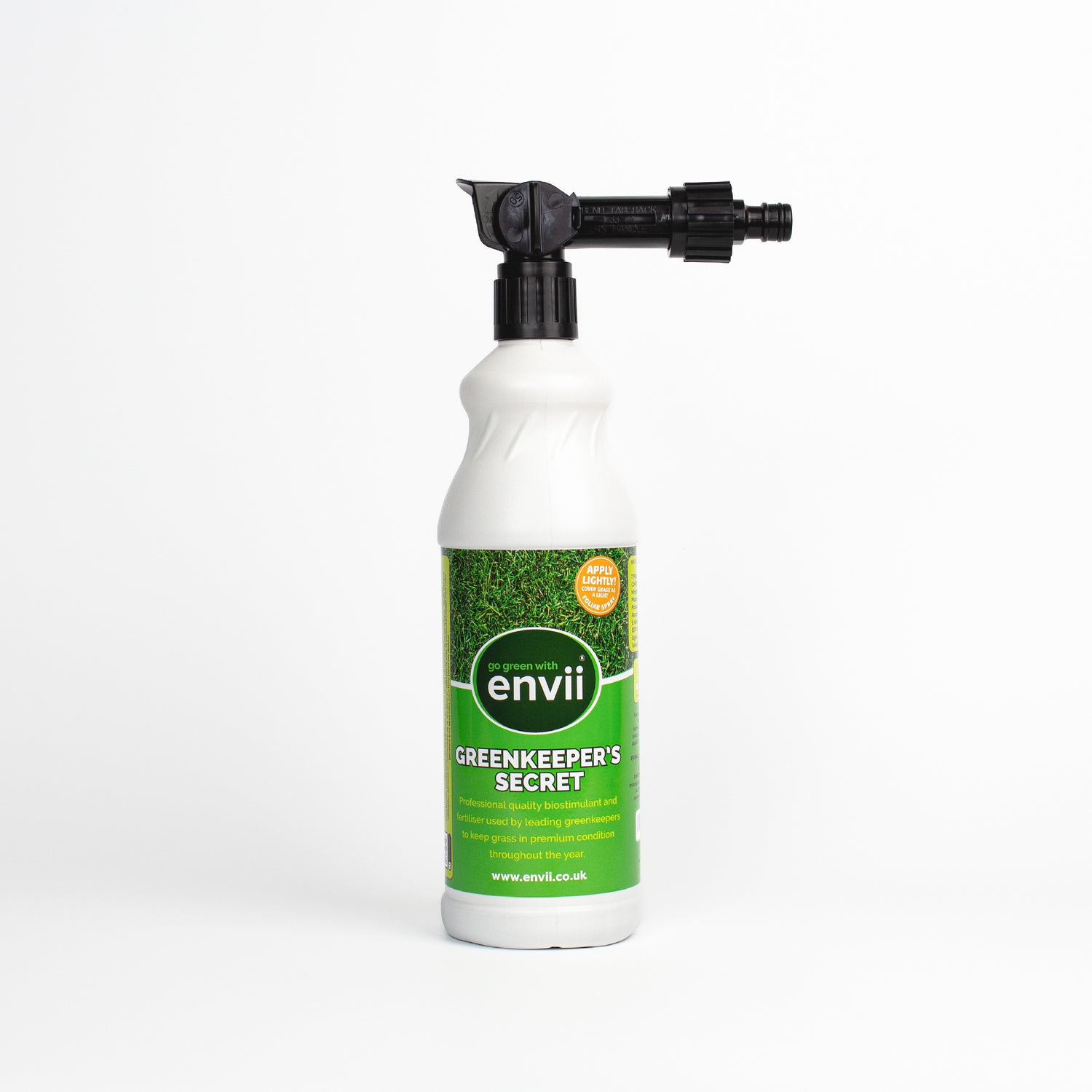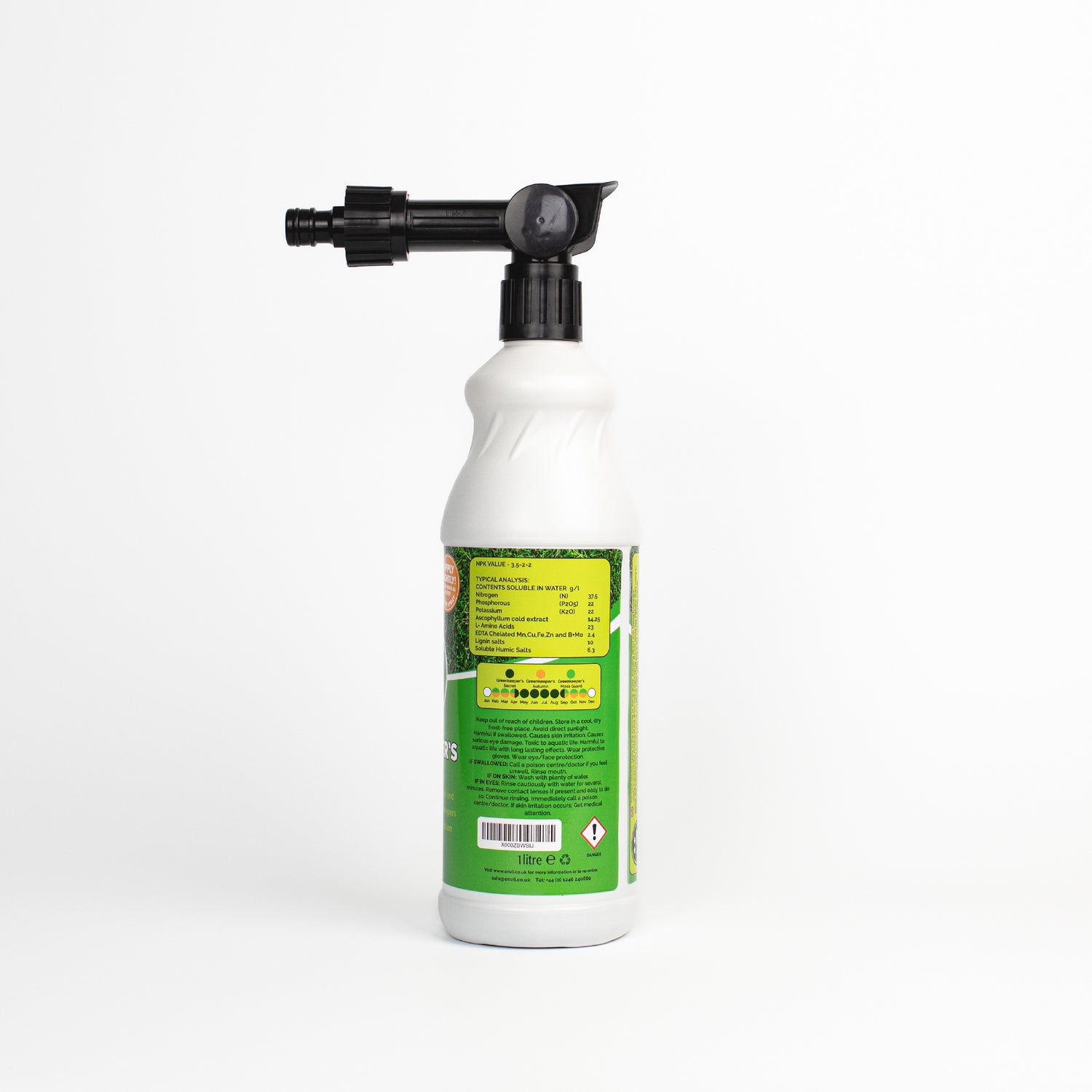Each year in the world of gardening, slugs and snails make their attack, causing devastation amongst all lush, green growth. Heavy rainfall and warm humid weather are the perfect conditions for these slimy pests to cause the most damage. It’s important, as a grower, to be prepared to protect your plants. Discover the best ways to fight against slugs and snails below.
Plant Your Seeds in Raised Beds
Although there’s still a chance slugs might climb up the side of your raised bed, sowing and planting in a raised bed can help to reduce the risk of slug damage slightly. Plants are better placed at a heightened position to avoid slugs and snails. Some gardeners even line their raised beds with copper tape to steer slugs away. However, we’ve seen mixed reviews on the effectiveness of copper tape as a slug deterrent and have found no scientific evidence to support the claim of the supposed ‘static shock effect’.
Create an Environment Slugs Would Actively Avoid
Molluscs love to lurk in areas with high grass, thick stones and moist soil. You must create an environment that is the opposite of this, or at least mitigate their preferred conditions where possible. You can do this by establishing conditions that are dry, open and exposed. By improving soil drainage, slugs and snails won’t have the moist, compact soil conditions they love so much. Use a product such as Activearth to improve aeration and drainage in soil.
Understandably, it isn’t always easy to create these conditions, we can’t control the weather. Another way to create a less-than-ideal environment is by encouraging birds and other predatory wildlife.
Get Physical
In the wonderful world of gardening and glamour, you have to get stuck in. While removing slugs isn’t the most dazzling of jobs in the garden, there are occasions when it has to be done.
The best time to do this is at night with a torch. For it to be a successful method, you must do this consistently. If you are not willing to put in the time and effort, this may not be the method for you!
Encourage Wildlife
Is the above method not for you? You can always get someone else to fight against slugs and snails for you. Better yet, something else. Start encouraging wildlife to pursue slugs in your garden, because as ghastly as they might be to humans, they’re a delectable cuisine in the natural food chain of wildlife animals. Introduce a hedgehog hotel or a birth bath in your garden to promote a welcoming space for slug-eating wildlife. And while this isn’t guaranteed to bring flocks of birds to your garden, it definitely makes a difference.
Use Diatomaceous Earth
If you’re looking for a quick, effective method, use a diatomaceous earth-based product. Acting as a physical barrier to protect your plants, these products work to irritate and dehydrate slugs as they come into contact with it. Some of these products also help improve plant nutrient intake and overall growth. Meaning your plants are nourished and protected at the same time.
Effective, wildlife-friendly slug deterrent
We understand not everyone wants to harm slugs. No matter how much they damage the hard work you’ve put into your garden. That’s why we created Feed and Protect, a gentler repellent that effectively stops slugs getting friendly with your plants.
When applied to your plants, Feed and Protect creates a taste on your crops that is unpalatable to slugs and snails but has no effect on more advanced human taste buds. It essentially makes slugs dislike your plants and look for food elsewhere.
This treatment also delivers essential nutrients to plants and is the perfect alternative to dangerous slug pellets.
Share
